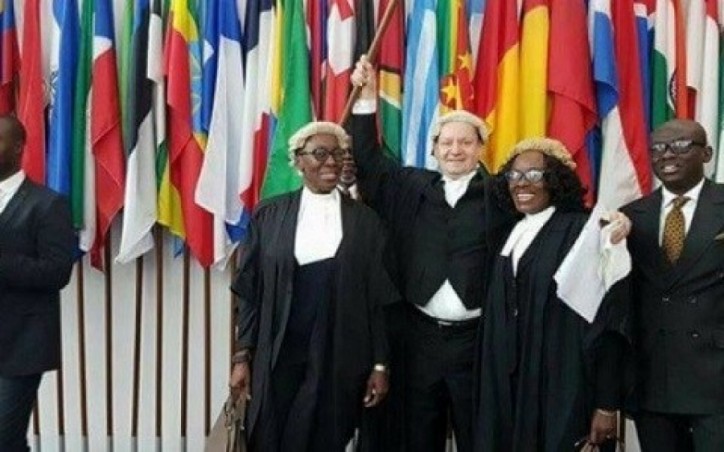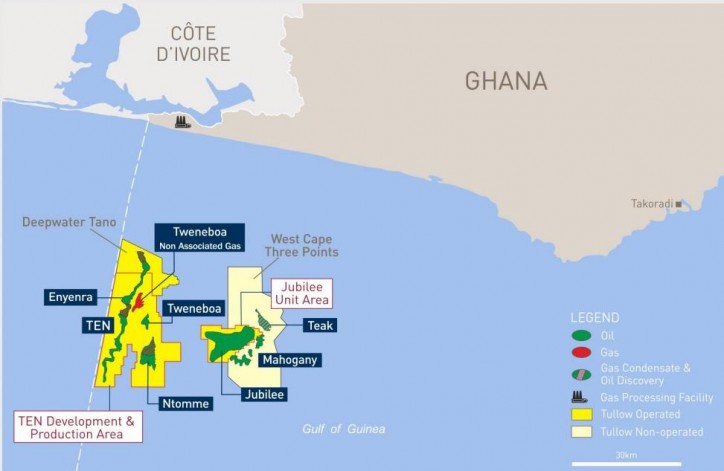A Special Chamber of the International Tribunal for the Law of the Sea (ITLOS) has determined the maritime boundary between Ghana and Côte d’Ivoire, adopting the boundary line claimed by Ghana and rejecting that proposed by Côte d’Ivoire. Ghana was represented by a team of international lawyers led by Professor Philippe Sands Q.C. of Matrix Chambers (London) and Paul Reichler of Foley Hoag LLP (Washington).

The case was widely followed because of the abundant oil and gas resources in the Gulf of Guinea off the southern coast of the two neighboring African States.
Ghana laid claim to and began to exploit all of the deposits to the east of an equidistance line that it long considered the de facto boundary between the two States. Côte d’Ivoire challenged Ghana’s claims and threatened to prosecute international oil companies drilling in the disputed waters. In early 2015, the two States agreed to submit the dispute for binding resolution by ITLOS.

In its ruling, the tribunal unanimously agreed with Ghana that the boundary should follow an equidistance line, and that Ghana acted lawfully in its drilling and extractive activities on its side of that line. The boundary that was adopted is a line extending from the coast to the southwest at an angle of 191.8 degrees. The tribunal rejected Cote d’Ivoire’s claim that the boundary should run to the southeast along an angle of 168.7 degrees.
Over 9,000 square nautical miles of sea and seabed were disputed. All were awarded to Ghana. These include the oil and gas fields known as TEN (Tweneboa, Enyenra and Ntomme) which are estimated to hold 2 billion barrels of oil and 1.2 trillion cubic feet of natural gas.
In addition to Sands and Reichler, Ghana’s legal team included Foley Hoag attorneys Clara Brillembourg, Tafadzwa Pasipanodya, Nicholas Renzler and Alejandra Torres Camprubí; Alison Macdonald Q.C. (Matrix Chambers); Anjolie Singh; Professor Pierre Klein (Université Libre de Bruxelles); Daniel Alexander Q.C. (8 New Square Chambers); and Fui Tsikata (Reindorf Chambers - Accra). Ghana’s Agent was Attorney-General Gloria Afua-Akuffo.
“The final boundary line was a 100 percent victory for Ghana, which is very rare in maritime delimitation cases,” Reichler said.
Source: Foley Hoag LLP